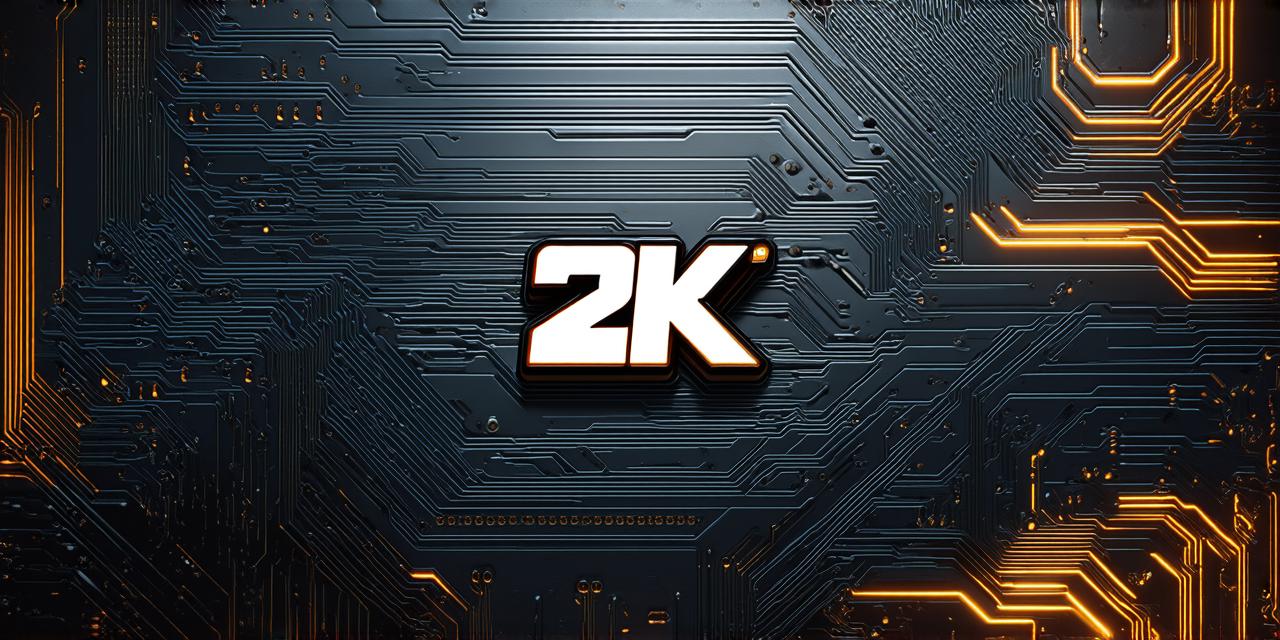Game development is an exciting and rewarding field that offers endless opportunities for creativity and innovation. With the rise of powerful game engines like Unreal Engine, anyone can create stunning games with advanced graphics and immersive experiences. In this guide, we will take you on a journey from beginner to expert in game development using Unreal Engine.

What is Unreal Engine?
Unreal Engine is a popular game engine that was first released in 1998 by Epic Games. It has since become one of the most widely used game engines in the industry, with millions of developers using it to create games for various platforms, including PC, consoles, and mobile devices. Unreal Engine offers a powerful set of tools and features that make it easy to create high-performance games with stunning graphics and immersive experiences.
Getting Started with Unreal Engine
If you’re new to game development, the first step is to learn the basics of programming. Unreal Engine uses C++ as its primary programming language, so if you have some experience with C++, it will be easier for you to get started. However, there are many resources available online that can help you learn C++ and other programming languages used in game development.
Once you have learned the basics of programming, you can start using Unreal Engine to create your first game. Unreal Engine has a user-friendly interface that makes it easy to navigate and use, even for beginners. There are also many tutorials and documentation available online that can help you get started with Unreal Engine.
Creating Your First Game with Unreal Engine
The first step in creating your game is to define the concept and design. You need to decide on the type of game you want to create, the gameplay mechanics, characters, levels, and other important elements that will make your game unique. Once you have a clear idea of what you want to achieve, it’s time to start coding.
Unreal Engine provides many tools and features that can help you create your game quickly and efficiently. You can use Blueprints, which is a visual scripting tool that allows you to create complex game logic without writing any code. You can also use the C++ code editor, which is more powerful but requires more coding knowledge.
As you work on your game, you will need to test it regularly to ensure that everything is working as expected. Unreal Engine has a built-in debugger that allows you to identify and fix bugs in your code quickly. You can also use external tools like Visual Studio or Eclipse to debug your code.
Advanced Topics in Game Development with Unreal Engine
As you gain more experience with game development, you will want to explore advanced topics such as graphics programming, AI, physics simulation, and other important elements that make games more realistic and engaging.
Graphics Programming:
Unreal Engine provides many tools and features for creating stunning graphics in your games. You can use the Unreal Editor to create custom materials, textures, and lighting effects that will give your game a unique look and feel. You can also use HDRI (High Dynamic Range Images) to enhance the visual quality of your game.
AI:
Artificial Intelligence (AI) is an important aspect of modern games, as it allows non-player characters (NPCs) to behave in a more realistic and engaging way. Unreal Engine provides many AI tools and features that make it easy to create intelligent NPCs that can learn from their environment and adapt to player behavior.
Physics Simulation:
Physics simulation is another important aspect of game development, as it allows players to interact with objects in a realistic way. Unreal Engine provides a powerful physics engine that can simulate complex physical interactions between objects in your game world. You can also use plugins like Havok or PhysX to enhance the physics simulation in your game.
Case Studies and Personal Experiences
One of the best ways to learn about game development with Unreal Engine is to read case studies and personal experiences from other developers. There are many online resources available that showcase how other developers have used Unreal Engine to create stunning games, such as Epic Games’ Fortnite, which was built using Unreal Engine. These resources can provide valuable insights into the development process, challenges, and successes of game development with Unreal Engine.
Conclusion:
In conclusion, game development with Unreal Engine is an exciting and rewarding field that offers endless opportunities for creativity and innovation. With its powerful set of tools and features, Unreal Engine makes it easy to create high-performance games with stunning graphics and immersive experiences. Whether you’re a beginner or an experienced developer, there’s always something new to learn and explore in game development with Unreal Engine.



